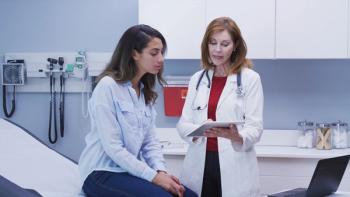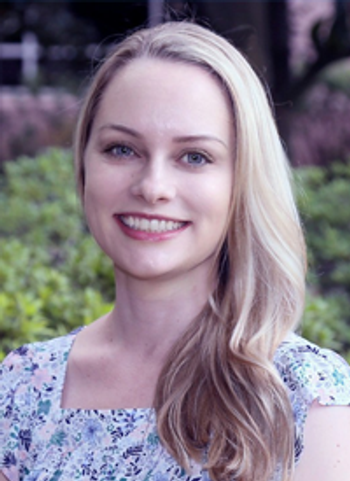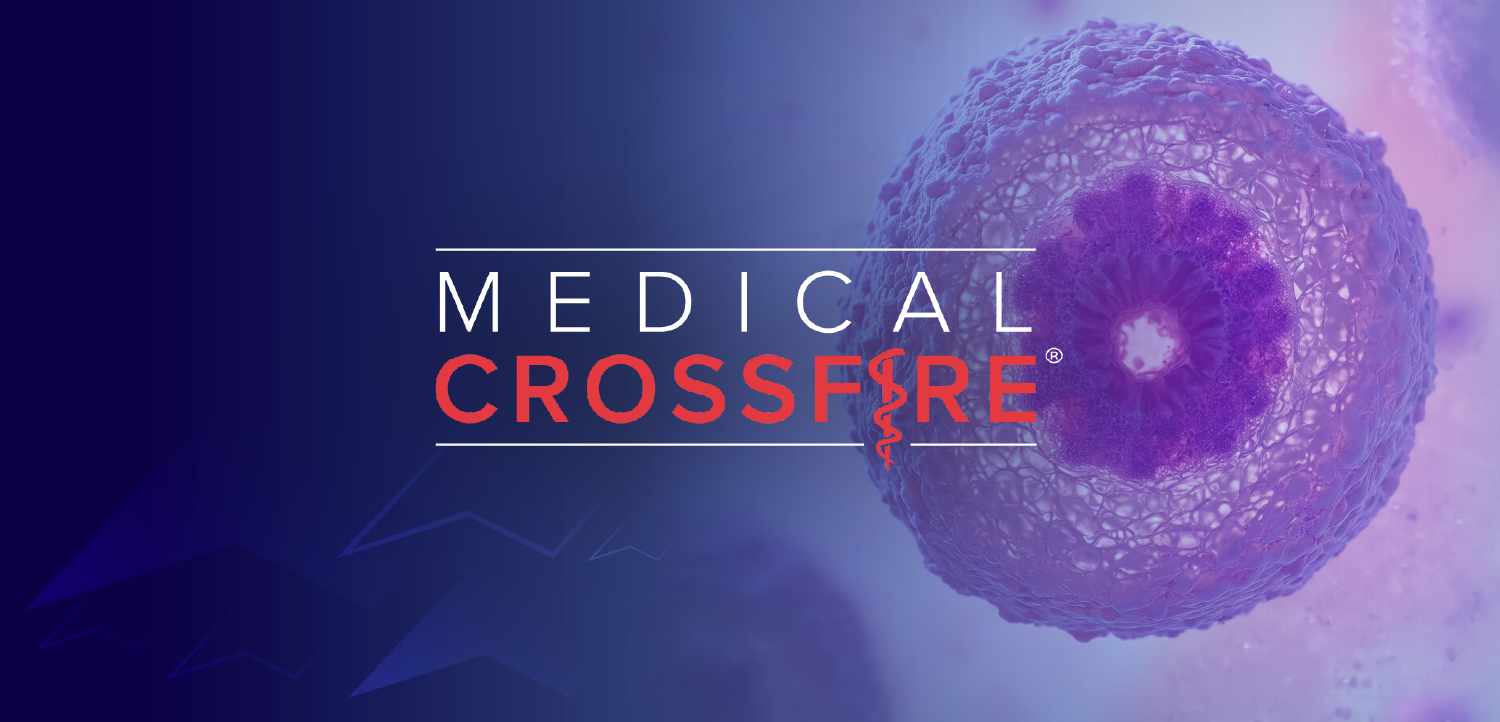
The Patient Advocate Experience
My training as a registered nurse helped me as I developed long-distance relationships with several women who have anal cancer--I call them my “virtual sorority sisters.”
I love patient advocacy. I was diagnosed with stage IV anal cancer almost 9 years ago. I was given a pretty bleak prognosis of 3 years with treatment for palliation. So, when my 3-year “expiration date” came and went in the spring of 2013, I decided my orphan cancer deserved a voice and since I was still on the planet, it might as well be mine. Perhaps it is preordained or simply destiny. No matter, there I was, and still remain, despite recurrence in my lungs that involved both surgery and then further chemo and radiation.
As I connected myself through various organizations, particularly the HPV and Anal Cancer Foundation, I found their peer-to-peer program appealing and fulfilling. I have met and supported many women like myself in very similar circumstances. The familiarity of each road to diagnosis, the struggles with treatment and long-term side effects, and disease advancement made me comfortable and proficient in the role as a mentor, for lack of better a better term.
My training as a registered nurse helped me as I developed long-distance relationships with several women. I call them my “virtual sorority sisters” offering them support day or night, providing insights or just a listening ear. It feels so good to be able to give back and also to really advocate for the lived experience that patients with anal cancer share when working with research organizations or simply raising awareness via radio, television, or social media.
I was about a year in when I experienced my first loss of a sister. I felt shocked and sad, followed by an intense wave of survivor’s guilt. There I was, alive and doing well, and my friend was gone. She succumbed, and I was helpless to stop it. I was not deterred. If anything, I felt angry at the unfairness of it all and it drove me to support my sisters even more fiercely. I put aside my sorrow and guilt and pressed on, gaining more and more sisters along the way.
It wasn’t until the loss of one sister that I had become particularly close to that I took the time to stop and take a breath. It was the day before Thanksgiving in 2016 when my phone rang with the news that my friend had passed away in her sleep just a few hours before. I let myself feel the full burden of the grief and devastation.
“Not her!” I thought.
I really could feel the weight of her loss on my heart and in my soul. As I cried tears for her that seemed to not want to end I realized I was weeping for all the sisters I had lost over the previous years. Every tear suppressed, and all the guilt pushed aside arose in me. I cried for them all. I was angry on behalf of each of their beautiful lives ended too soon. I mourned for their families whose lives had been altered forever. I grieved my way to acceptance and then to reflection about how meaning can be found.
I’ve learned a few things through my experiences as an advocate and peer supporter that can give valuable insight to caregivers of patients like me. Yes, I am strong, but not as strong as you think. I am driven by the loneliness and fear I felt when I was diagnosed with a rare and stigmatized cancer. I don’t want anybody to ever feel that they are alone or that hope doesn’t exist, or that miracles don’t happen.
I am not even remotely brave. I have courage. There is no storehouse of bravery that exists within me. To me, there is a vast difference between courage and bravery. My courage is what I have to call on when I say yes to taking a new sister under my wing. Bravery is produced when a situation calls for inner strength to endure it. It takes courage to make the choice and bravery to endure it. And finally, patients that are advocates require emotional support from the caregiving community because we experience loss frequently and continue to make ourselves vulnerable to that loss. If you find yourself in the position of caring for an advocate, be cognizant that they could be in a perpetual state of loss over the years of their survivorship and they may need your support to withstand it.
Newsletter
Knowledge is power. Don’t miss the most recent breakthroughs in cancer care.
















































































